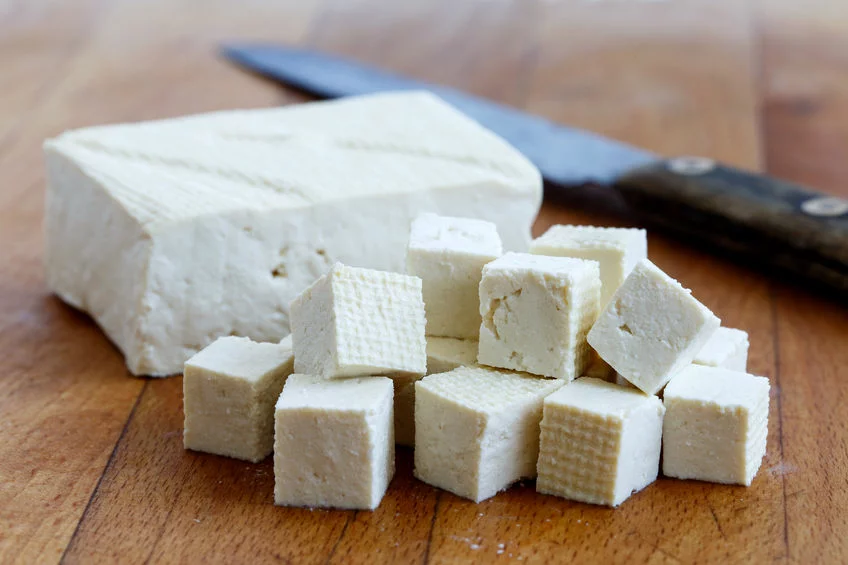Medium-chain triglyceride oils and supplements are the much-talked-about ingredients behind weight loss and weight loss acceleration for those on the ketogenic diet and athletes alike. But what exactly is the hype about and do MTCs really take centimeters off your belly fat bottom line?
What Exactly Are MCTs?
MCTs are saturated fats found in coconut oil and palm kernel oil, with the word ‘triglycerides’ being a technical term for ‘fats’. As should then be quite apparent, there are three of these fats in MCTs – capric acid, caprylic acid and lauric acid.
The bone of contention is the word ‘saturated’ though. Previously, it was presumed that all saturated fats are bad, but the January 2014 issue of the Journal of the Academy of Nutrition and Dietetics and other studies have since led a more nuanced approach to these fats. We now know that the structure of a saturated fat is what’s important, as this is what determines how the body metabolizes it.
Consequently, as medium-chain triglycerides are shorter than their long-chain counterparts, they are broken down and absorbed as energy by the body more easily. MCTs are moved from the digestive tract straight to the liver, where it is made available as fuel for the body and dispatched as oxygen-carriers to the muscles. This is why studies such as in the Journal of Obesity and Research in 2013 have shown that coconut-rich diets in control groups taking the MCTs led to these individuals losing more belly weight compared to those who did not consume MCT-rich foods.
MCTs As A Suitable Dietary Treatment For Epileptics
When your carbohydrate intake is low – such as on the keto diet – the body breaks down fat to use as energy and ketone bodies are formed. The great thing about MCTs is that they have been shown to increase ketones regardless of whether carb intake was lowered or not. As epileptic seizures, for example, can be influenced by diet and may get better, but also worse, if carb levels decrease, MCT is often used in the treatment of epilepsy.
Will MCT Dietary Increases Cause Digestive Disturbances?
Digestive disturbances reported include nausea, vomiting, abdominal pain and diarrhea but it seems to be linked to the amount of MCT taken and the length of time the body takes to adapt.
In one study, 50g MTC caused these side effects in all participants but when the amount was lowered to 30g, only 10% of participants continued to show digestive distress.
Studies also show that the body adapts to MCT intake over several days. Participants who ingested 60g over two weeks showed no symptomatic side effects by the end of the trial period. These studies also showed that when taken with food, the body adapted better and quicker to MCT intake.
MCTs come with a host of benefits to weight watchers, athletes and epileptic sufferers most of the time, so it looks like these short-chain fatty acids are here to stay regardless of any persistent negative stigma around saturated fats.
Do you want to find an effective Keto treatment? Check out our top rated Keto products












